Your Life As A Digital Ghost
Cars That Think
OCTOBER 18, 2023
Wong describes the new digital afterlife industry in a chapter of her new book from MIT Press, We the Data: Human Rights in the Digital Age. So your book takes on a much broader topic, the datafication of our daily lives and the human rights implications of that phenomenon. Wong: Thanks for having me.



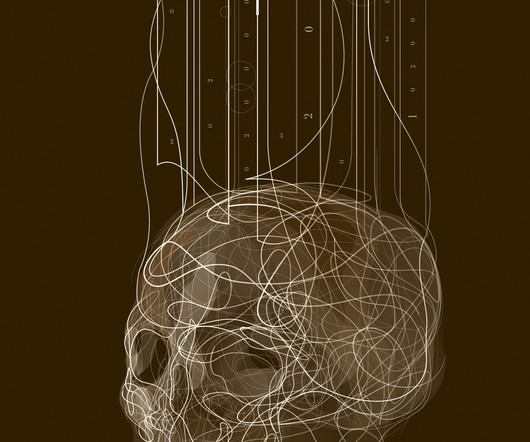


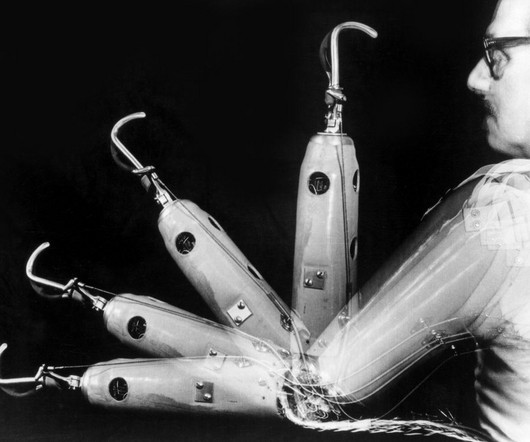

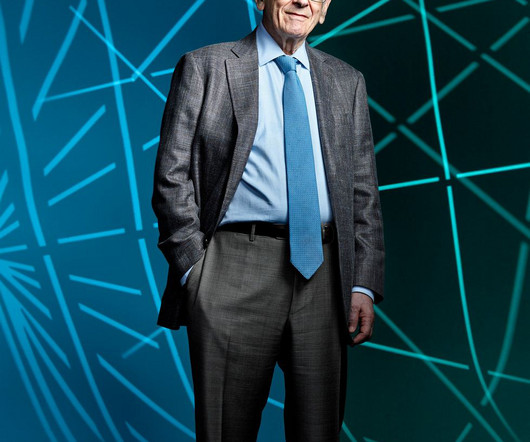
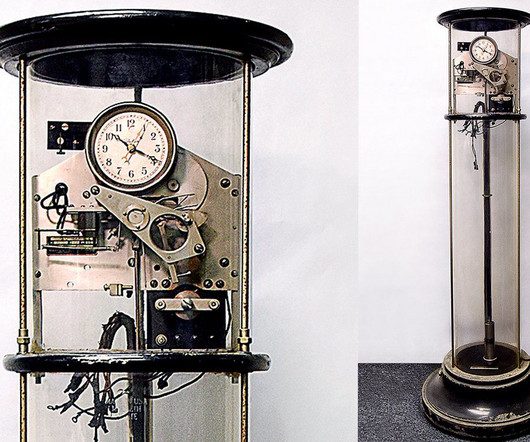

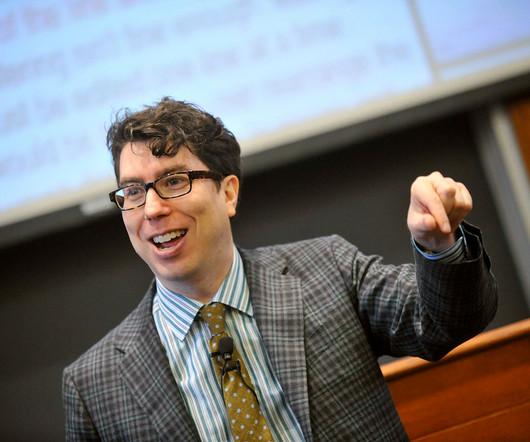







Let's personalize your content